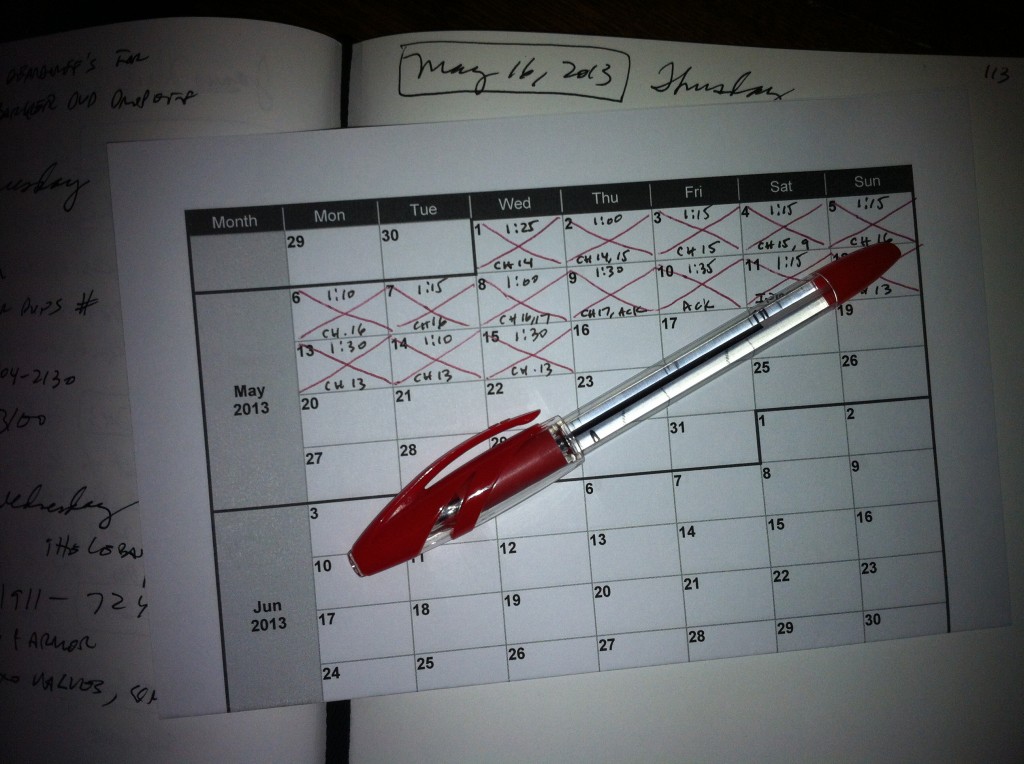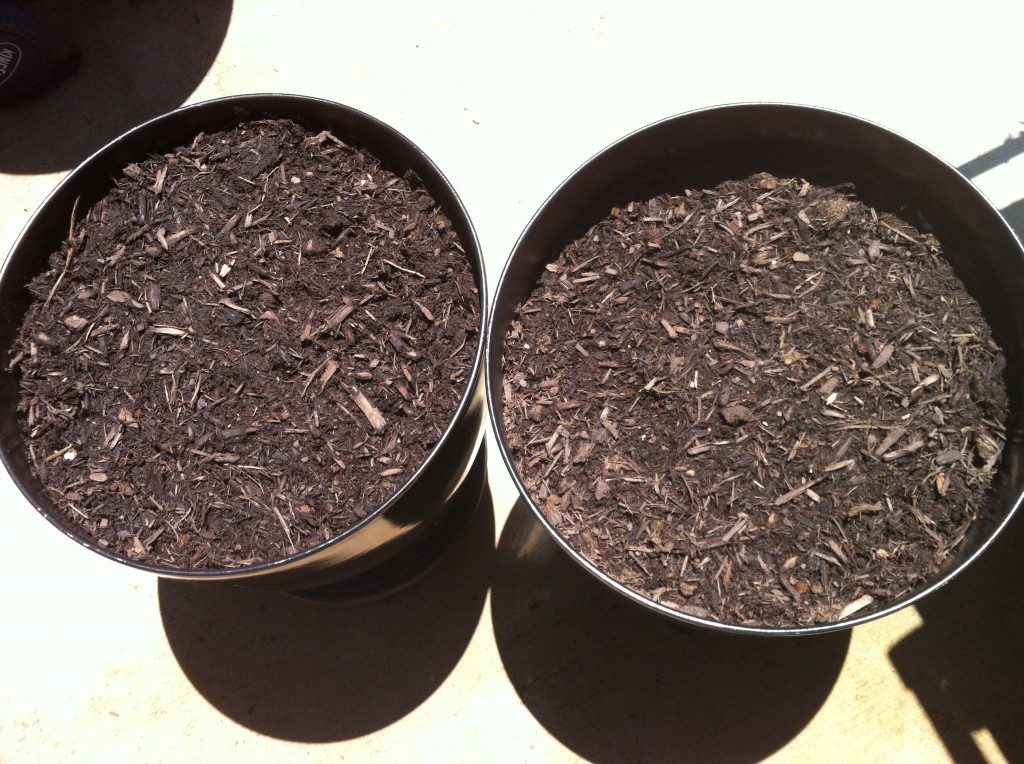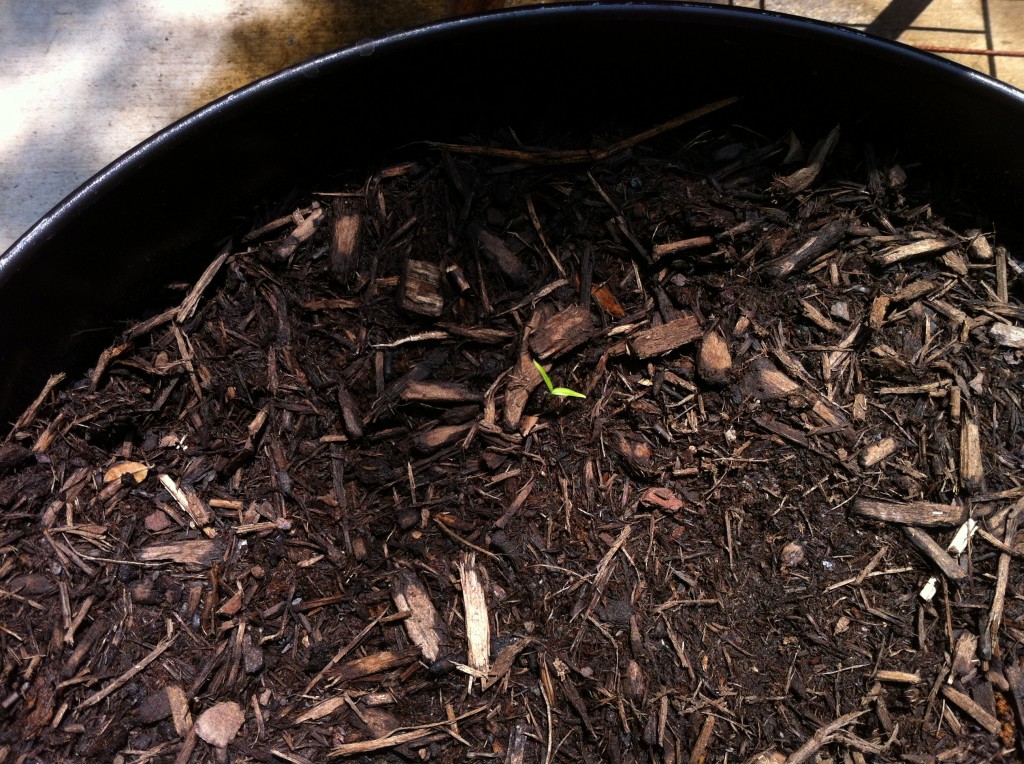
© Roys | Dreamstime Stock Photos & Stock Free Images
I have a confession to make. As much as I believe what I am about to write, I have trouble with it. From an early age I learned responsibility and felt the weight of it. I derive joy from getting things accomplished and being “successful.” The best way I know to take care of all these things is to work hard and to work well.
The problem is that I often forget to stop working and to just play. If you don’t believe me, ask my kids. In my previous post I suggested that writing and living out your Forward Story is compatible with having fun. But what is play? Why is it fun? Why is this important to us?
What we are interested in here is the action of play. Since verbs indicate action, what does the verb “play” suggest? From dictionary.com I see four definitions that fit the idea here. To play is:
- to exercise or employ oneself in diversion, amusement, or recreation.
- to do something in sport that is not to be taken seriously.
- to amuse oneself; toy; trifle.
- to take part or engage in a game.
Play does not have to be confined to physical activity like running, throwing, or jumping. It may include all of those, but it can also include doing things like playing a musical instrument, painting, sculpting, or even just reading a book or listening to music. These all fit “diversion, amusement, or recreation.”
It is valuable to play and to have fun. This is part of life. If you are always on your way to somewhere else, what is the point of life? Here are 4 reasons you should play.
1. To Relieve the Stress of Life. There was a time in my life that I was skeptical about stress. What I mean is that I wasn’t sure that it was real. Or, if was real I was annoyed by modern people complaining about stress given that life on the frontier a couple of hundred years ago must have been a lot more stressful. It seemed like a lot of whining to me. However, I was finally convinced of its reality by experiencing it in my own life.
What is stress? It is a condition where your brain responds to a situation by producing hormones like adrenaline and cortisol to heighten your ability to respond effectively. I was on a business trip yesterday driving on a busy interstate highway. I signaled to change from the right lane to the center lane. After checking my mirrors I began to change lanes. As I was completing my lane change I heard an angry horn honking and looked in my rear-view mirror to see anther vehicle on my tail and the driver clearly annoyed with me. He had switched from the left lane to the center lane at a high rate of speed at about the same time I moved into that lane. This whole event jolted me out of my mindless driving into a danger mode. I felt the change in my body. My muscles were tensed and ready to respond. My heart-rate increased. I was in a heightened mental state. I began breathing faster. This stress response is referred to as “fight or flight.” We are wired to respond to dangerous situations via this stress response. If a tiger is chasing you, you have to act now. You have to either fight him or run away. The stress response can help keep you alive.
However, prolonged and chronic stress has been proven to have negative health consequences. You may experience stress over a period of time from your job, from losing your job, from taking care of a sick family member, or in a multitude of other ways. Engaging in play reduces and relieves that stress. By throwing a football, taking a walk, or even just listening to a great piece of music, we can reduce stress and chase those hormones back to the place where we can use them in the future.
Before I leave the subject of stress, I want to share a technique that I began using a couple of months ago to relieve stress and to put myself into a very calm state. It is so simple that you may not believe it, but I encourage you to try it. I do this every night now while in bed before I go to sleep. Here is the technique:
- Breathe in through your nose for 5 seconds (or longer) into your belly, not your chest. You should actually be able to feel your belly inflating.
- Hold the breath for one second.
- Exhale slowly through your mouth. Your belly will deflate.
- Repeat this 8 times.
2. To Connect With Your Body. A hundred years ago most people in America worked on a farm. The day began when the sun rose and included milking cows, gathering eggs, feeding livestock, and many other chores that required physical labor. The day pretty much ended when the sun set. Much of what happened between sunrise and sunset required physical exertion. Today many of us live in urban settings and do work that requires sitting, talking, typing, and meetings. The pinnacle of physical activity for some of us is the walk from our desk to the coffee pot.

© Arturdent | Dreamstime Stock Photos & Stock Free Images
Most forms of play allow us to engage our bodies in a way that reduces stress and feels good to us. A long walk with my wife is great because not only do we get to talk and “debrief” about life, but we feel movement, use our balance, raise our heart-rates, and strengthen our muscles and bones. It is all good. Plus, it is just fun. Swinging a tennis racket is something I enjoy and that connects my mind with my body. Other activities I enjoy include disc golf and skiing. You have your own forms of play that allow you to connect your body and mind.
Again, not all play involves overt physical activity. Playing a board game with your friends or your kids has a positive effect on your life as well.
3. To Express Your Creativity and Artistry. Play, as I am defining it, includes creative endeavors like painting, playing music, writing, and many other disciplines. When we do these things we often derive pleasure and a sense of purpose about our lives. Those activities are ends in themselves. We do them because they are fun and are an expression of something deep inside of us, not because they advance our agenda or have a direct effect on our future. I believe that each of us has a creative side that longs for expression. If you have not found yours yet, I hope you will. Don’t be afraid to try some of these artistic endeavors to see what you enjoy and where you can find expression.
4. To Appreciate Beauty. We live in a world with some dark realities. All you have to do is watch your evening news to be convinced. In a world with so much negative input, it is important for us to also appreciate the beauty in life. As I have gotten older I have started appreciating nature a lot more. I have always loved natural beauty like mountains and sunsets, but now I notice the birds, the insects, and the changing of the seasons. Again, these are all things that rural farm people live with every day. In cities we have to work a little harder to see and appreciate natural beauty in the midst of a man-made world of concrete and steel. It can definitely be done, though. One way I connect with nature is by planting seeds and learning to garden. I am a novice at this, but the wonder of beauty and nature are now on my patio in containers. Beauty also exists in music and art. We said earlier that play can connect you to your own inner artist. Appreciating beauty in the arts allows you to benefit from the artistry and creativity of others. I love great music and great literature (including a growing interest in poetry).
Conclusion
Play is one of the realms of life that I include in my Forward Story. It is so important to me now that I plan for it in each different time period of my life. I believe you should, too. If you do not plan for it and make it a priority, you will likely do way too little of it.
I would love to know what kinds of play you engage in and what it does for you. Please let me know in the comments below.







